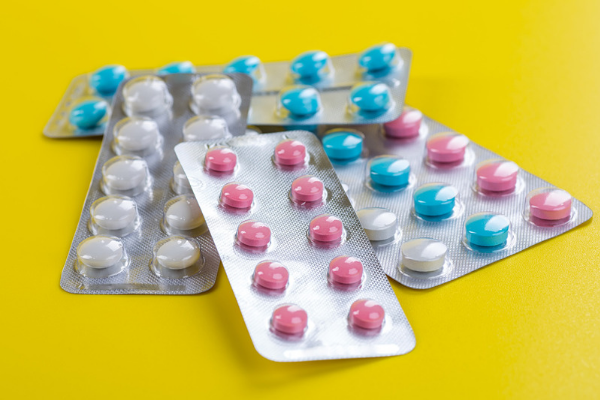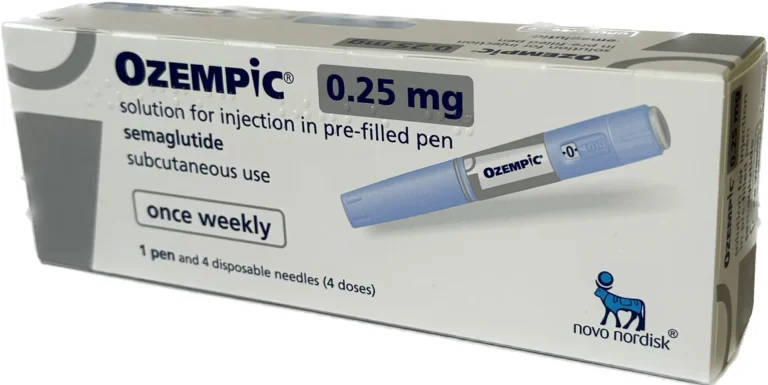Erectile dysfunction (ED) is a condition that affects millions of men worldwide, leading to challenges in sexual performance and impacting overall quality of life. Fortunately, medication plays a crucial role in managing this condition. This article explores the various medications available for treating erectile dysfunction, their mechanisms, benefits medication for erectile dysfunction, and considerations for use.
Understanding Erectile Dysfunction
Erectile dysfunction refers to the inability to achieve or maintain an erection sufficient for satisfactory sexual performance. It can be caused by various factors, including:
- Psychological Factors: Stress, anxiety, and depression can significantly affect sexual function.
- Physical Factors: Conditions such as diabetes, hypertension, and cardiovascular diseases can lead to ED.
- Lifestyle Factors: Poor diet, lack of exercise, and smoking contribute to the onset of erectile dysfunction.
Recognizing the underlying causes is essential for effective treatment, and medications are often a first-line option.
The Mechanism of Medications for Erectile Dysfunction
Most medications for erectile dysfunction work by enhancing blood flow to the penis, facilitating the ability to achieve an erection. The following sections outline the primary types of medications available.
1. Phosphodiesterase Type 5 (PDE5) Inhibitors
PDE5 inhibitors are the most commonly prescribed medications for erectile dysfunction. They work by blocking the enzyme phosphodiesterase type 5, which leads to increased levels of cyclic guanosine monophosphate (cGMP). This process promotes relaxation of the smooth muscle in the penis, allowing for increased blood flow. Some of the most well-known PDE5 inhibitors include:
- Sildenafil (Viagra): The first PDE5 inhibitor approved for ED. It typically takes effect within 30-60 minutes and lasts for about four to six hours.
- Tadalafil (Cialis): Known for its longer duration of action, tadalafil can last up to 36 hours, making it suitable for more spontaneous sexual activity.
- Vardenafil (Levitra): Similar to sildenafil but may work slightly faster for some individuals.
- Avanafil (Stendra): A newer option that works quickly and has fewer side effects.
2. Hormone Replacement Therapy
In cases where erectile dysfunction is linked to low testosterone levels, hormone replacement therapy may be an effective treatment. Testosterone therapy can help restore normal levels and improve sexual function. However, this approach should only be considered after thorough testing and consultation with a healthcare provider.
3. Intracavernosal Injections
For men who do not respond to oral medications, intracavernosal injections are an alternative. Medications like alprostadil can be injected directly into the penis, leading to an erection within minutes. This method can be effective but requires a learning curve for self-administration.
Benefits of Medication for Erectile Dysfunction
- Effective Results: Many men experience significant improvements in their ability to achieve and maintain an erection.
- Convenience: Oral medications are easy to take and can be used as needed.
- Quick Onset of Action: Most medications work within 30-60 minutes, allowing for spontaneous sexual encounters.
- Improved Quality of Life: Successful treatment of ED can lead to enhanced intimacy, increased self-esteem, and improved relationships.
Considerations and Potential Side Effects
While medications for erectile dysfunction can be highly effective, they are not suitable for everyone. It’s essential to consult with a healthcare professional to determine the most appropriate treatment. Some considerations include:
- Medical History: Certain medical conditions, such as severe heart problems or uncontrolled hypertension, may contraindicate the use of PDE5 inhibitors.
- Side Effects: Common side effects can include headaches, flushing, nasal congestion, and digestive issues. In rare cases, serious side effects like priapism (prolonged erection) may occur.
- Drug Interactions: Men taking nitrates for heart conditions should avoid PDE5 inhibitors due to the risk of dangerous drops in blood pressure.
Conclusion
Medication for erectile dysfunction offers a promising solution for many men experiencing this challenging condition. With various options available, including PDE5 inhibitors, hormone replacement therapy, and intracavernosal injections, there are effective treatments to restore sexual function and enhance quality of life. It’s vital to consult with a healthcare provider to explore the best medication options and address any underlying health concerns.
For more information on medication options for erectile dysfunction, visit Meds for Less.


















